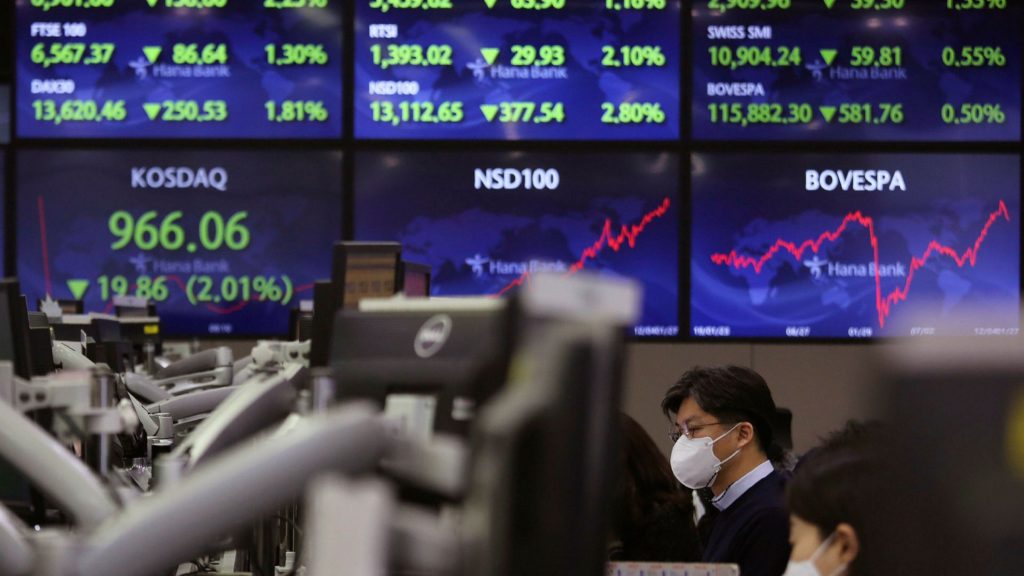
South Korean traders used the GameStop case to put pressure on local authorities
South Korea's financial regulators initially placed a local ban on short selling in March 2020, as did other countries including Malaysia, Thailand, France, Spain, Italy and Belgium.
Economies around the world decided to curb short selling as the COVID-19 pandemic began destabilizing markets. While most countries quickly lifted the bans, South Korea decided to extend them in August 2020, but only until March 2021.
Then the “GameStop affair” happened. In January, retail investors in the United States gathered on Reddit to bet in favor of stocks (like GameStop) that some Wall Street hedge funds were short selling.
GameStop's share price (price of NASDAQ shares) has skyrocketed, forcing Wall Street investors to cover their losses by buying the same stock, further raising its price. US retail traders were soon joined by enthusiastic small investors from around the world.
In South Korea, where retail investors dominate stock trading (accounting for 70% of the market), traders have been actively against short selling. About 30.000 Korean traders have reportedly gathered on an online forum to raise the prices of stocks like Celltrion which are often targeted by foreign short sellers.
Some local politicians have mobilized to meet the demands of retail investors who called for an extension of the ban. On Wednesday, Eun Sung-soo, chairman of South Korea's Financial Services Commission, held a press conference, announcing that the ban has not only been extended, but will only be partially lifted after May 2. The ban will still remain on over 2.000 shares.
The rest of the world disagrees
While local investors may have welcomed the temporary extension, this view is not shared by many institutions around the world. On January 27, the International Monetary Fund (IMF) urged the country to lift the ban, as markets had stabilized.
According to local media, the Financial Times Stock Exchange (FTSE) on Wednesday sent a letter to South Korean regulators warning them that it could revoke the nation's classification as a "developed country" in the FTSE Equity Country Classification Index if the ban remained active.
To qualify as a developed country, its stock market would have to allow for short selling. In 2020, the Korean stock exchange was in the top 20 in the world in terms of market capitalization.
